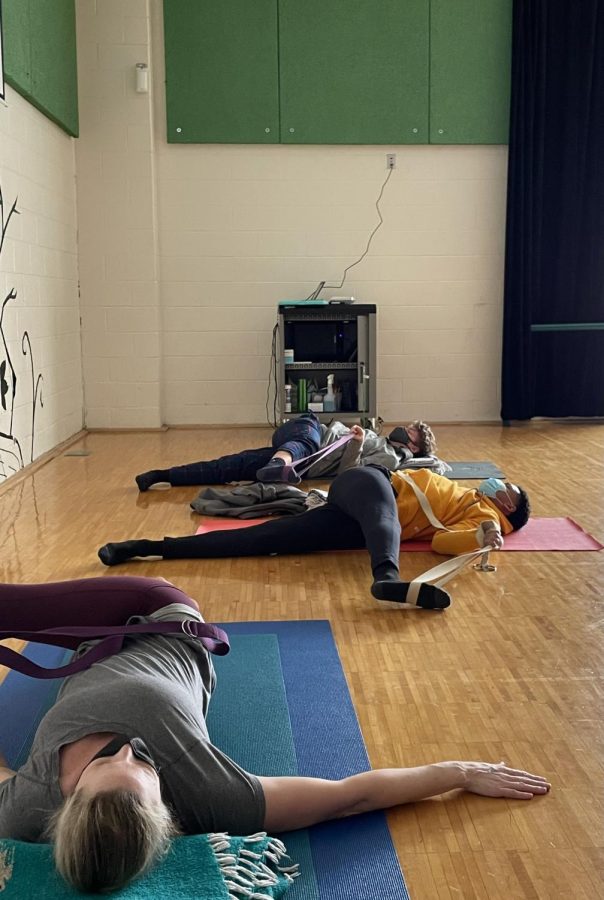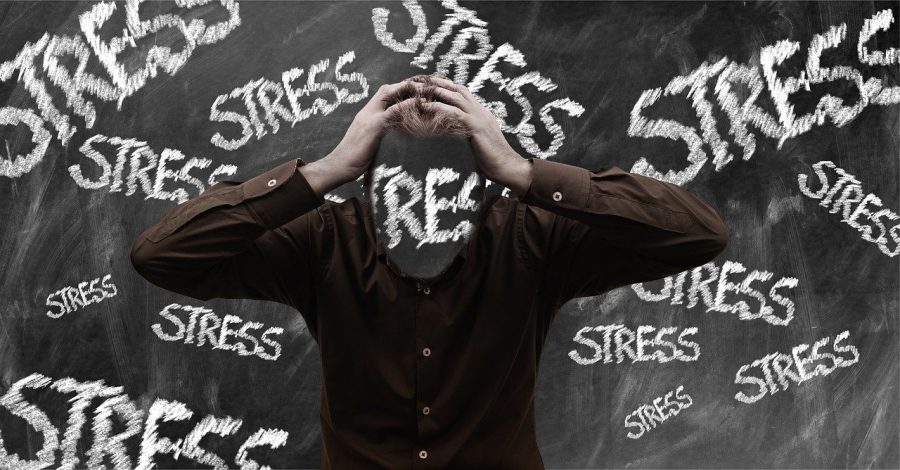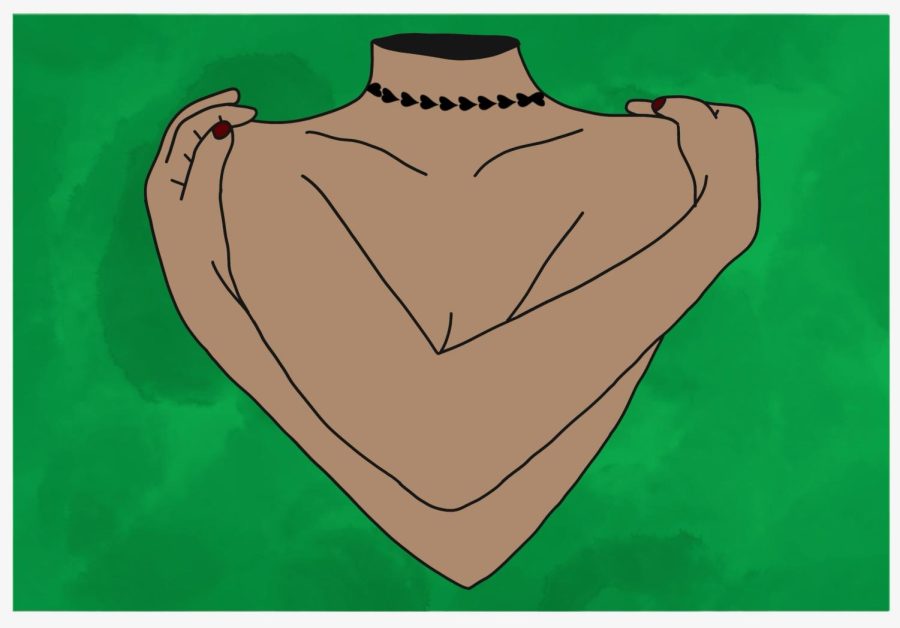Mental health is important at every stage of life, from childhood to adulthood. As you get older, if you find yourself experiencing mental health problems you are likely to develop a coping mechanism. It is important to find healthy coping methods that work for you as your thinking, mood and behavior could be affected.
It is vital that healthy coping skills are learned because it teaches us how to deal with difficult situations. Incorporating coping skills into our daily lives will help us to become more resilient over time and gain the ability to manage stress healthily and avoid long-term problems.
It is very crucial in the coping process to learn to accept situations for what they are. As hard as acceptance may be, rejecting reality will only further the issue. Choosing to accept the reality of a situation will help give you time to make a smart choice regarding how to respond to what you are feeling.
Starting your mornings in a good mood can be very important to set yourself up for success for the rest of the day. Over the years junior Yness Seidnaly has discovered plenty of coping strategies that help her when she’s experiencing a bad day.
“I tend to bottle up my emotions and end up letting it all out at once. I had to learn a lot of self control, especially when having panic attacks. I obtained the habit of putting my two fingers on my neck to check my pulse and focus on taking deep breaths. This is a really important coping method for me,” Seidnaly said.
Balancing a routine can be difficult, especially when trying to enforce ways of dealing with stress or anxiety that require large amounts of mental effort. It is always important to acknowledge what you have done and are doing. Senior Yotam Scheflan recognizes his efforts in handling his mental blocks.
“I try to keep a balance daily. No one can be productive if they let themselves get burnt out. Besides school and work, it’s important to have something that keeps your body healthy, both physically and mentally. I do things that I enjoy, like going to the gym as much as I can. Keeping track of my progress and remembering to acknowledge the positives helps me keep on moving forward,” Scheflan said.
Approaching situations in a way beneficial to you is a very important factor into deciding how to improve your mental health. Giving yourself time to make decisions and think things through is crucial when it comes to the process of making decisions that will impact your future. Junior Sarah Ellman practices working around her emotions before confronting a situation.
“In many situations in the past, I’ve found myself confronting a situation not long after hearing about it. I tend to get heated and overwhelmed when so many things in life are going on, and acting in the moment isn’t normally the smartest choice. I’ve learned and am still learning how to wait and think things through before making a decision,” Ellman said.
There are many different ways to approach how you want to cope with your mental health. Your mental health is just as important as your physical health, in fact one can impact the other. Many people, including myself, tend to get discouraged when feeling overwhelmed by everything that is going on. Adapting your routine to involve coping and management strategies is something that should be highly encouraged, even at a young age.









































